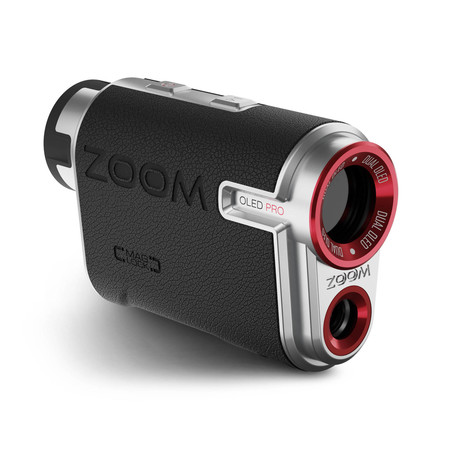GPS/Rangefinders
The Ultimate Guide to Golf GPS and Rangefinders
Golf is a game of precision, strategy, and skill. To excel, players often rely on tools to enhance their performance. Among the most popular modern innovations are golf GPS devices and rangefinders. These gadgets have revolutionized the way golfers navigate courses and improve their scores. In this article, we explore the benefits, differences, and tips for choosing the right tool for your game.
What Are Golf GPS Devices?
Golf GPS devices are digital tools that use satellite technology to provide detailed information about a golf course. They display distances to hazards, greens, and fairways, offering a comprehensive view of the course layout. These devices come in various forms, such as handheld gadgets, wristwatches, or apps for smartphones.
Benefits of Golf GPS Devices
Course Mapping: Most GPS devices come preloaded with thousands of courses worldwide, ensuring you’re prepared no matter where you play.
Distance Accuracy: They provide precise distances to different parts of the course, helping you make informed club selections.
User-Friendly: With clear graphics and intuitive interfaces, GPS devices are suitable for golfers of all skill levels.
Stat Tracking: Advanced models often include features to track your game statistics, such as shot distances and scoring trends.
What Are Rangefinders?
Rangefinders are optical devices designed to measure distances on the golf course. Using laser or GPS technology, they give players accurate readings to their target, such as the flagstick or a hazard.
Benefits of Rangefinders
High Precision: Rangefinders excel in providing exact yardages to specific targets.
Simplicity: Point, shoot, and get the distance instantly. This straightforward approach appeals to many golfers.
Adaptability: Unlike GPS devices that rely on preloaded maps, rangefinders work on any course without requiring updates.
Slope Adjustment: Many models include slope compensation, which adjusts the distance reading based on elevation changes.
Golf GPS vs. Rangefinders: Which Is Right for You?
Choosing between a golf GPS device and a rangefinder depends on your preferences and playing style. Here are some factors to consider:
Course Familiarity: If you’re playing unfamiliar courses, a GPS device’s mapping capabilities can be invaluable. For regular courses, a rangefinder might suffice.
Level of Precision Needed: For pinpoint accuracy, especially on approach shots, rangefinders are the better option.
Ease of Use: GPS devices offer more visual data, while rangefinders are straightforward and focus on single distances.
Budget: Entry-level GPS devices tend to be more affordable, while high-end rangefinders with advanced features can be costlier.
Tips for Choosing the Right Device
Evaluate Your Needs: Consider the type of courses you play, your skill level, and what features you’ll use most often.
Check Battery Life: Ensure the device can last through multiple rounds without needing frequent recharges.
Test Usability: Choose a model with an intuitive interface that’s easy to operate on the course.
Consider Durability: Look for weather-resistant designs that can withstand outdoor conditions.
Research Reviews: Read user reviews and ratings to gauge real-world performance.
Conclusion
Golf GPS devices and rangefinders are invaluable tools for modern golfers seeking to enhance their performance. While GPS devices offer detailed course information and features for strategic planning, rangefinders provide unmatched precision for specific targets. By understanding your needs and the strengths of each tool, you can choose the one that best complements your game. Whether you’re a weekend enthusiast or a competitive player, these technologies can help you unlock your full potential on the course.




















